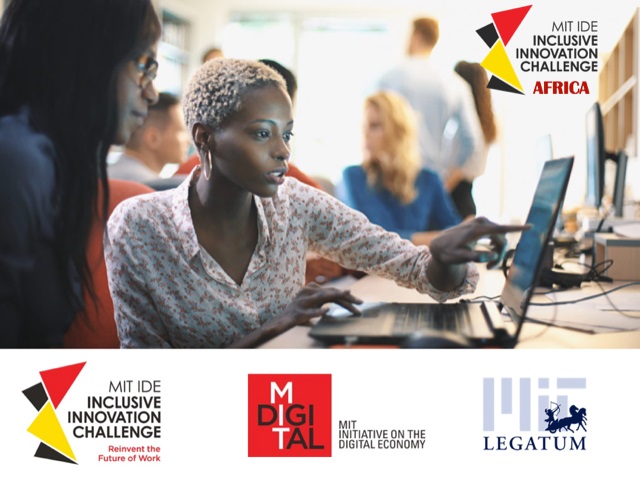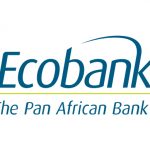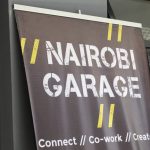TechInAfrica – On August 29, 2018, in Kenya, MIT (www.MITInclusiveInnovation.com) announced the winners of 2018 MIT Inclusive Innovative Challenge. There were 19 selected finalists in total, 9 finalists from IIC and 10 finalists from Zembezi Prize for Innovation in Financial Inclusion. The event was held by MIT Legatum Center for Development and Entrepreneurship, MIT IIC Africa collaborator. It organizes the Zembezi Prize in partnership with Mastercard foundation.

The total of awards for “heroes of Inclusive Innovation” is $1.6 million dollar globally. These organizations were awarded for its technology invention in the work field to create more equality in the economy. There were approximately 195 of profit and non-profit organizations signed for the Challenge. They provided regional experts to examine the applications. There were three out of four IIC Africa category selected as winners by a selection panel of regional leaders. For the fourth category—Financial Inclusion, Zembezi Prize selected its winner and announced it lively at the event. These winners not only received a paid trip to MIT for the Grand Prize Gala and a Zembezi Prize and boot camp at MIT on November 5 to 9, 2018 in Cambridge, MA, but also receive Pan-African Syndicated Media Coverage in over 30 countries as well as will attend a sponsored trip to Angel Fair Africa in Mozambique to meet over 60 investors which focus on Africa.
The IIC Champion will also select four Grand Prize Winners from the four Africa Winners and the 16 winners from the MIT IIC’s other regions; Asia, Europe, Latin America, and North America. They will receive $250,000 for each. These winners are:
1. Lynk from Kenya à Skills Development & Opportunity Matching Category
Lynk – a technology-based platform that builds the ‘entrepreneurship infrastructure’ to increase career opportunities and incomes. The platform made for informal workers; a LinkedIn for the LinkedOut.
2. Wefarm from Kenya à Income Growth & Job Creation Category
Wefarm – a digital peer-to-peer knowledge sharing network that is free and available by SMS. It is to support over 500 million small-scale farmers worldwide who have no internet access.
3. Solar Freeze from Kenya à Technology Access Category
Solar Freeze – a one-stop and turnkey portable off-grid toolkit for local food production. It contains a complete ecosystem of smart farm technologies to increase agricultural productivity
4. Wala from South Africa à Financial Inclusion
Wala – a platform that focuses on blockchain power financial service to support the unbanked and underbanked in emerging markets. It is a free app to increase economic participation.
Director of the MIT Initiative on the Digital Economy and the Schussel Family Professor of Management Science at the MIT Sloan School of Management, Eric Brynjolfsson stated that the main challenge of this era is to use digital technology to create not only prosperity but also shared prosperity. He then added that MIT Inclusive Innovative Challenge was created to recognize and give rewards to outstanding people and organizations.
Co-Director of the MIT Initiative on Digital Economy, Principal Research Scientist at MIT Sloan, Andrew McAfee said that the MIT IIC event is to celebrate the entrepreneurs and innovators who have work excellently to improve people’s economic prospects. The winners and the entrants have shown not only that shared prosperity is possible, but also dismiss negativity and pessimism.
For more on the MIT Inclusive Innovation Challenge, the Africa winners, and our mission please visit: www.MITInclusiveInnovation.com
For more on the MIT Initiative on the Digital Economy, visit IDE.MIT.edu.
For more on the Zambezi Prize for Innovation in Financial Inclusion, visit Zambezi.MIT.edu.
Press inquiries can be sent to Shannon Farrelly, Director of Communications & Media Relations, at Farrelly@MIT.edu.


